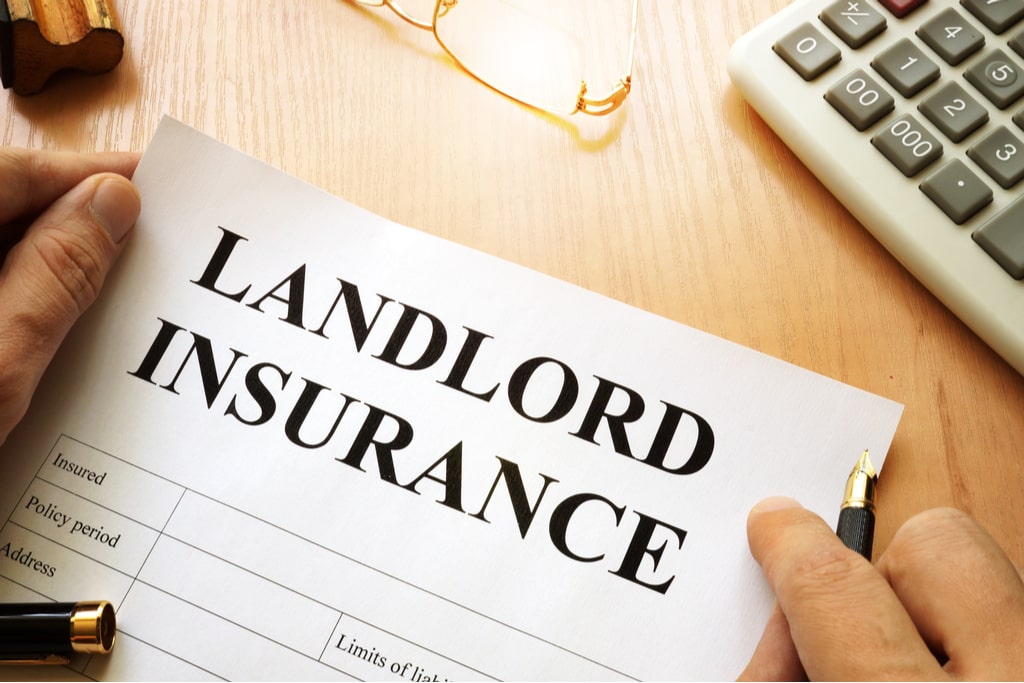Landlord Insurance
Landlord insurance is a type of insurance policy that provides financial protection to landlords who own and rent out residential or commercial properties. It's designed to cover the costs of repairing or rebuilding a rental property, as well as protecting landlords from liability claims and lost rental income.
Here are some key things to know about landlord insurance:
-
What is covered by landlord insurance
-
Damage to the property: Landlord insurance can provide coverage for damage caused by fire, theft, vandalism, or severe weather events like storms or hurricanes.
-
Liability claims: Landlord insurance can provide coverage for liability claims in the event that a tenant or visitor is injured on the rental property.
-
Lost rental income: Landlord insurance can provide coverage for lost rental income if a rental property becomes uninhabitable due to a covered event, such as a fire or storm.
-
Legal expenses: Landlord insurance can provide coverage for legal expenses in the event of a lawsuit or eviction.
-
Benefits of landlord insurance
-
Financial protection: Landlord insurance can help landlords protect their investment in their rental properties.
-
Peace of mind: Knowing that you have insurance coverage can provide peace of mind, especially in areas prone to natural disasters or high crime rates.
-
Compliance with lender requirements: Many lenders require landlords to have landlord insurance in order to qualify for a mortgage.
-
Customizable coverage: Landlord insurance policies can be tailored to meet the specific needs of landlords, including coverage for multiple rental properties and different levels of liability coverage.
-
Factors that affect the cost of landlord insurance
-
The location of the rental property: Properties located in areas prone to natural disasters, such as hurricanes or tornadoes, may have higher premiums.
-
The age and condition of the rental property: Older properties or properties in poor condition may have higher premiums.
-
The amount of coverage: The more coverage you need, the higher the cost of the policy.
-
Deductibles: The higher the deductible, the lower the premium.
Landlord insurance typically provides coverage for a range of scenarios, including:
Landlord insurance can provide several benefits, including:
The cost of landlord insurance can vary depending on several factors, including:
In conclusion, landlord insurance is an essential coverage for landlords who own and rent out residential or commercial properties. It's important to work with a trusted insurance provider to assess your risks and find the right coverage to protect against damage or loss to your rental property, liability claims, lost rental income, and legal expenses.
Request Quote



